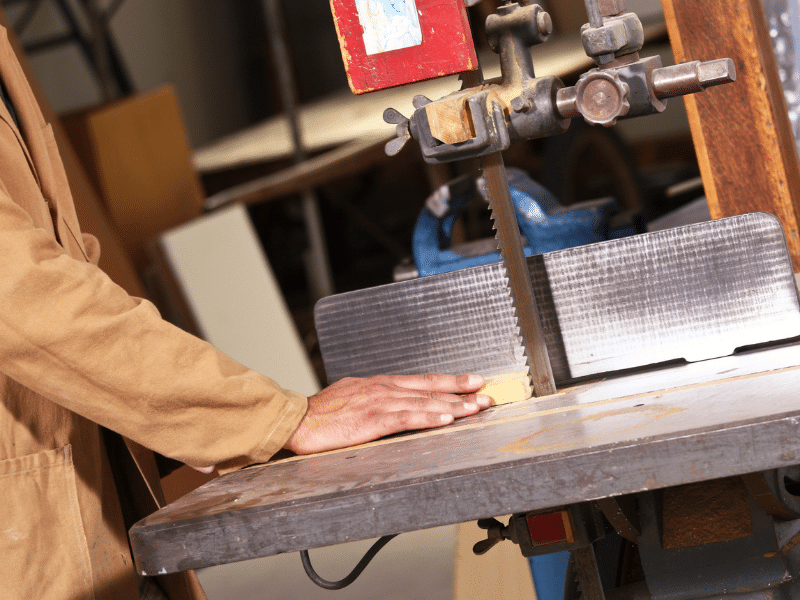It is common for people to lend their cars out to their children, relatives, or even friends. But when doing so, people often don’t realize the potential liability they can face under Florida law. Florida follows a common law doctrine called Florida’s dangerous instrumentality doctrine. This doctrine states that an owner of a vehicle can be held liable for a third party’s damages as a result of a car accident caused by the negligence of the person who borrowed the vehicle.
WHEN DOES FLORIDA’S DANGEROUS INSTRUMENTALITY DOCTRINE APPLY?
The dangerous instrumentality doctrine originally applied to only tools that were thought of as inherently dangerous. As such, an owner of a dangerous tool would be held liable for any injuries caused by that “tool.” In 1920, the Florida Supreme Court found that motor vehicles were inherently dangerous for the purposes of the dangerous instrumentality doctrine.
Therefore, the doctrine essentially imposes strict vicarious liability on to vehicle owners who entrust their car or truck to a person who negligently causes an auto accident. Because the doctrine applies strict liability, the vehicle owner has absolute legal responsibility without requiring the plaintiff to show that the owner acted carelessly or negligently when lending his car. To hold the owner labile, the car accident victim must show that the owner of the vehicle gave permission to the at-fault party who caused the accident. This permission can be expressed or implied.
Moreover, a plaintiff must show that the car owner had a property interest in the vehicle to hold the owner liable. In Aurbach v. Gallina, the Florida Supreme Court established three elements to determine such property interest. The court stated that the owner must:
- own and control who drives the vehicle;
- rent the vehicle for use; and/or
- has more than bare legal title to the vehicle.
The Florida courts, over the years, have also found situations where the doctrine does not apply. Some of these situations include: when the vehicle is operated through theft or conversion, or when a car owner leaves his or her vehicle with a repairman who negligently causes an accident.
If a car owner is found liable under the doctrine, the Florida Legislature has provided some protection with regard to their financial liability.
Florida has enacted a cap on damages which limit how much a car owner can be held financial responsible for entrusting their vehicle to a negligent driver. The cap is found in Florida Statute 324.021, which states:
“The owner who is a natural person and loans a motor vehicle to any permissive user shall be liable for the operation of the vehicle or the acts of the operator in connection therewith only up to $100,000 per person and up to $300,000 per incident for bodily injury and up to $50,000 for property damage. If the permissive user of the motor vehicle is uninsured or has any insurance with limits less than $500,000 combined property damage and bodily injury liability, the owner shall be liable for up to an additional $500,000 in economic damages only arising out of the use of the motor vehicle. The additional specified liability of the owner for economic damages shall be reduced by amounts actually recovered from the permissive user and from any insurance or self-insurance covering the permissive user. Nothing in this subparagraph shall be construed to affect the liability of the owner for his or her own negligence.”
As you can see, it is extremely important to think twice before lending out your vehicle. Even if you think the person is a safe and responsible driver, because accidents inevitably happen, and you may be held legally responsible.





